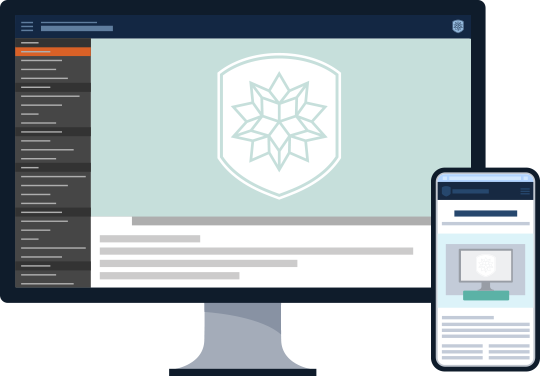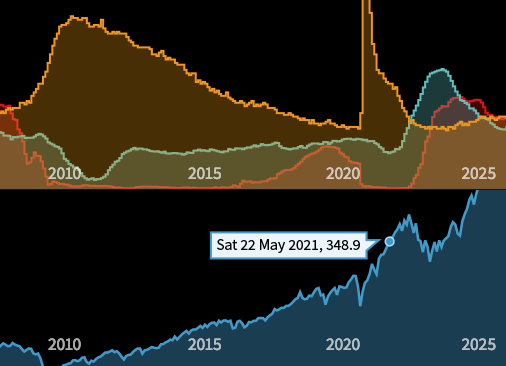All Classes and Courses
Browse the catalog for self-paced interactive courses, video lessons and video courses, as well as scheduled instructor-led sessions, study groups, webinars and special events.
Click any button to browse all catalog resources in a particular area or use the filters to refine your search. Learn about the different course types.

Equity Trading Signal, US Banking Sector: An Event-Driven Strategy

Explore the Total Solar Eclipse of 2024 with Wolfram Language

Exploring and Getting Started with Wolfram Language

Exploring Blockchain Functionality
(Study Group Sessions)

Exploring Creative Data Analytics

Exploring the Neural Network Framework from Building to Training

Exploring Web Data with Wolfram Language

Exploring Wolfram Language

Exploring Wolfram|Alpha Mobile & Tablet Apps

Fast Introduction for Programmers

Fast, Fun and Functional Cloud Apps

Field Theory of Games (Study Group Sessions)

Financial Statistics

Financial Time Series Processing

Frequency Domain Analysis and Design Applications

Functional Programming Quick Start

Generating and Printing 3D Objects

Geo Computation

Geo Visualization

Geography in Wolfram Language

Getting Started with AI: A Beginner's Guide to Automated Classification, Predictions and Computer Vision

Getting Started with Interactive Reporting: Building Dashboards, Visualizations and Self-Service Apps

Getting Started with Machine Learning

Graphs and Networks: Concepts and Applications

Course Type
- Interactive Courses
- Video Lessons
- Video Courses
- Instructor-led Courses
- Archived and Special Events
Interactive Courses
Also known as MOOCs (massive open online courses), these courses are hosted on the Wolfram Cloud and allow you to interactively explore concepts using Wolfram Language functionality.
Self-paced with progress tracking
Include video lessons, exercises and problems, quizzes, exams and a scratch notebook
Sharable completion certificates available for all courses
Wolfram Level 1 proficiency certifications available for select courses
Video Lessons
Short recorded lessons that provide limited instruction on a computational topic or for using Wolfram tech.
Quick-start videos
Lessons from content experts
A wide variety of beginner-level lessons
Free to watch
Video Courses
Video series that build on preceding lessons to provide comprehensive instruction.
Each video course features a playlist of sequential lessons
Recorded by Wolfram certified instructors
Comprehensive coverage of a particular topic
Free to watch
Instructor-led Courses
Scheduled as online and in-person classes, these courses provide comprehensive instruction guided by a live instructor.
Registration required to reserve your seat
Taught by Wolfram certified instructors
Opportunity to pose live questions to experts in the room
Course completion certificates available
Archived and Special Events
Presentations by Wolfram developers, content experts and instructors.
Webinars on special topics and new release functionality
Livecoding sessions
Wolfram Daily Study Groups
Free to watch
